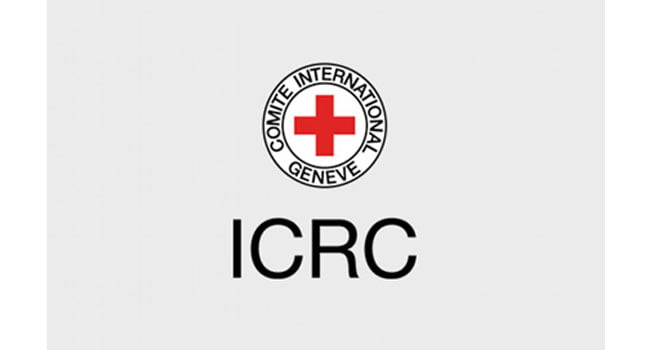How Teradata aims to unify customer’s analytics under new data platform

Teradata has launched a new data platform as part of the analytics company’s strategy to consolidate a disparate range of data types, tools and languages into a full suite of analytics services.
The Teradata Analytics Platform was unveiled at Teradata’s annual Partners conference in Anaheim, California this week.
Chief product officer Oliver Ratzesberger took to the stage to describe the new platform. He said: “We are moving from a database to an analytics platform.
“A modern analytics platform gives you access to the best analytical function and mentions, gives you preferred tools and languages across data types and storage forms that are diverse in nature.”
The platform was developed to address the issues caused by the proliferation of analytics deployment options available to businesses, which tends to create silos across an organisation.
Teradata’s response is a flexible platform which integrates a diverse set of systems into a single processing environment. This includes support for various data formats within the same ecosystem, and allows users to switch between interfaces and tools, giving them the freedom to choose how they analyse data.
It removes the need to store data across multiple engines by pipelining the analytics directly into the platform.
Ratzesberger said that the leading cloud database takes nine months to run a million queries at a price of approximately $600,000. The Teradata Analytics Platform cuts the time to ten minutes and the cost to under $60, he boldly claimed.
The platform will initially integrate Teradata and Aster technology. In the future it will add open source engines such as Apache Spark and machine learning framework TensorFlow to provide access to a wide range of algorithms, including those used for emerging areas of data science such as deep learning.
Data types including text, spatial, CSV and JSON will all be supported, as well as programming languages such as Python, R, SASA and SQL, and analytics tools including Jupyter, RStudio, KNIME and SAS.
What is Teradata Everywhere?
Teradata was founded in 1979 as the result of a database design collaboration between California Institute of Technology (Caltech) and Citibank. The company retains that formative focus on banking but has since expanded to encompass numerous sectors in its client roster of Fortune 500 stalwarts.
Today’s Teradata customers include airlines optimising their assets, call centres improving customer experience, shipping companies concentrating on operational excellence and automotive manufacturers focused on product innovation.
The launch of the Teradata Analytics Platform is part of a drive within the company to promote a flexible approach to analytics that lets these customers bounce between technologies and deployment options to adapt to changes in the market and avoid vendor lock-in. The company has dubbed this strategy Teradata Everywhere.
“Teradata everywhere is really about delivering agility and flexibility in our data analytics as our customers’ businesses are evolving,” said Ratzesberger.
“We feel that Teradata is implementing an ‘everywhere’ strategy, while our competitors are implementing an ‘only’ strategy. You can only have these features on premise, [or] you can have only these features in their rental cloud, and by the way it doesn’t work very well in the public cloud. That’s what our competitors are doing compared to Teradata Everywhere.”
Teradata is marketing itself as the only data analytics company that offers all of its features in every deployment, from public cloud to Teradata hardware.
Customers can choose the data analysis they want and buy it in a bundle, subscription, and pay-as-you-go option. The Teradata Analytics Platform is embedded in every choice, and customers can migrate to a different deployment at any time, taking their licenses and applications with them.
AI at Teradata
To boost its ambitions to replace the multiple competing vendors, Teradata also announced a series of additional products. They include IntelliSphere, a software suite that combines ten Teradata tools under a single subscription-based licence.
“It’s an easy flexible way to consume and build an analytical ecosystem in a very cost effective and scalable way,” said Ratzesberger.
The final element of the package supports the growing interest in Artificial Intelligence (AI). It combines four new services developed to help large enterprises gain business value from AI and has been developed by Teradata subsidiary Think Big Analytics, a company focused on Hadoop and big data solutions.
These services include reviews and recommendations for AI uses aligned to business strategies and an AI analytics-as-a-service offering to manage AI models from development to handover to operations.
They’re joined by two new accelerators designed to boost deployment: the Financial Crimes Accelerator to detect fraud in banking by using deep learning, and the AnalyticOps Accelerator to facilitate deep learning models at scale.


